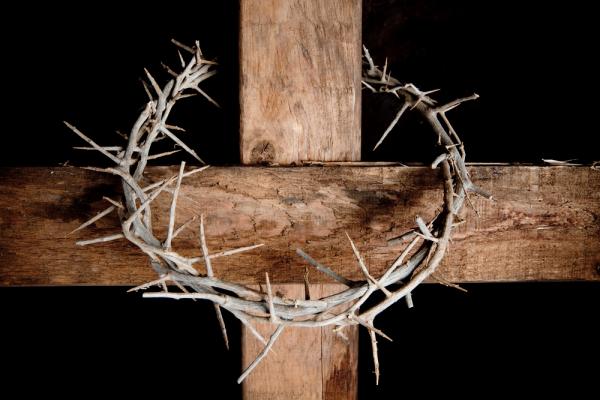“When religion ruled the world, they called it the Dark Ages.”
That was the bumper sticker quote I read on the tailgate of a white minivan during my morning’s commute to work. Upon reading, I had so many adverse gut-reactions to this statement.
That’s so closed minded. And, Aside from a few erroneous events, don’t you know how much good Christianity has done for the world? And, I am sure you have all the answers to all the world’s problems then don’t you, Mr. White Minivan? (Amusingly, the sticker on the opposite side of the tailgate read “I think, therefore I don’t listen to Rush Limbaugh,” to which I thought, Meh, fair enough.)
Once I worked through my initial feelings of angst though, I reflected on those words a bit more. I realized maybe he has a point. When religion rules, things generally do not go well for the people practicing it, or for those who are being subjected to the religious standards. And here I would make a semantic distinction: there is a difference between “religion” and the life to which we as Christians are called.
Religion is defined as an established norm of belief and practice. It can be used to speak about any of the major belief systems in the world including Christianity. However, when teaching or speaking with people, I do my best to stay away from ever using the word religion to talk about our belief as Christians. I think it mischaracterizes what Jesus intended for his followers.
In fact, Jesus often did his ministry surrounded by religious people, and he argued against them. They were the professionals of the Jewish establishment, the Pharisees, Sadducees, and the like. They had elaborate systems of religion: laws they had to follow, traditions they had to keep, regulations they had to maintain — and they made sure others did as well.
In one such exchange with these men in Luke 11, Jesus says “woe to you Pharisees, for you tithe mint and rue and every herb, but you neglect justice and the love of God.”
Religion in its extreme creates an establishment focused upon outward appearances and actions, but ignores the inner virtues of love, justice, compassion and a relationship with God. The so-called Dark Ages suffered under this problem. Christianity shifted from a way of life in Jesus to an establishment which sadly involved the ownership of land, creation of laws, and collection of taxes that demanded participation from every citizen. By and large this was an abuse of power and the name of God.
This weekend, we observe the great Christian celebration of Easter. For those who believe in the God of the Bible, this is an incredible opportunity to worship, celebrate, and share community under the grace given to us by Jesus’ sacrifice and literal resurrection. But even over this weekend, we as Christians run the risk of falling into religion. If we are just showing up for worship because it’s an obligatory day, or because we would feel guilty if we didn’t, or because someone in our extended family is making us, then we are missing the whole point.
Jesus didn’t come to establish a religion; he came to reveal God.
This Sunday (or Saturday night or Monday or whenever you may celebrate) we are given a chance to again know and experience the character of God. That God loves God's people to the point of sacrifice. That God gives freely and generously. That God establishes mercy and justice. That God is present in our lives no matter what we might face. And it is so much better than any human-made institution of religion.
Whereas religion establishes rules, Christianity in Jesus’ name proclaims freedom. It's a freedom from sin, freedom from death, freedom to forgive, freedom to love, freedom to live a new life that yes, looks different, but not because it has to — but because it is gifted to.
Michael Middaugh is pastor at Calvary Lutheran Church in Silver Spring, Md.
Crown of thorns hung around Easter cross, Anneka/Shutterstock.com
Got something to say about what you're reading? We value your feedback!
